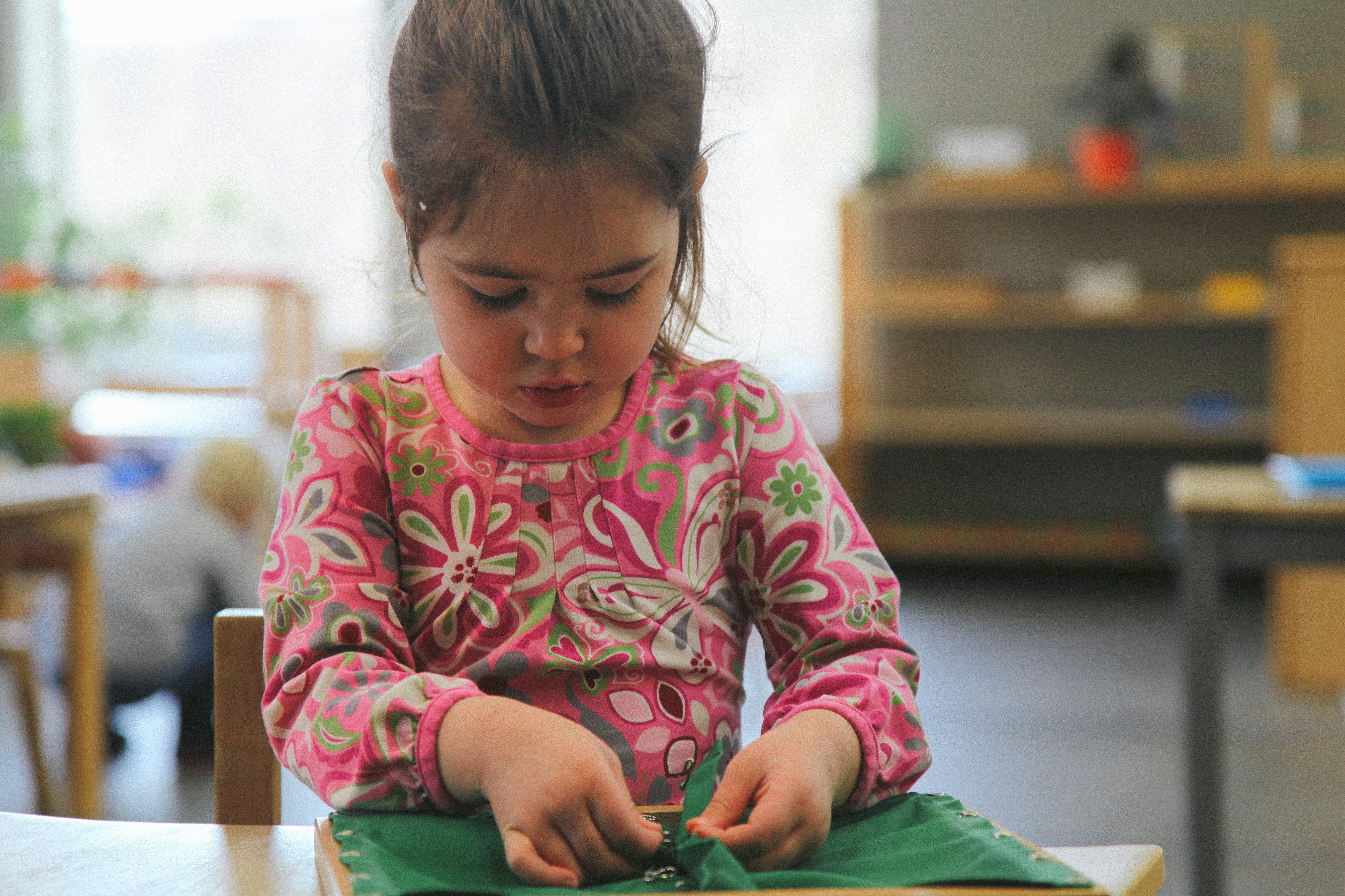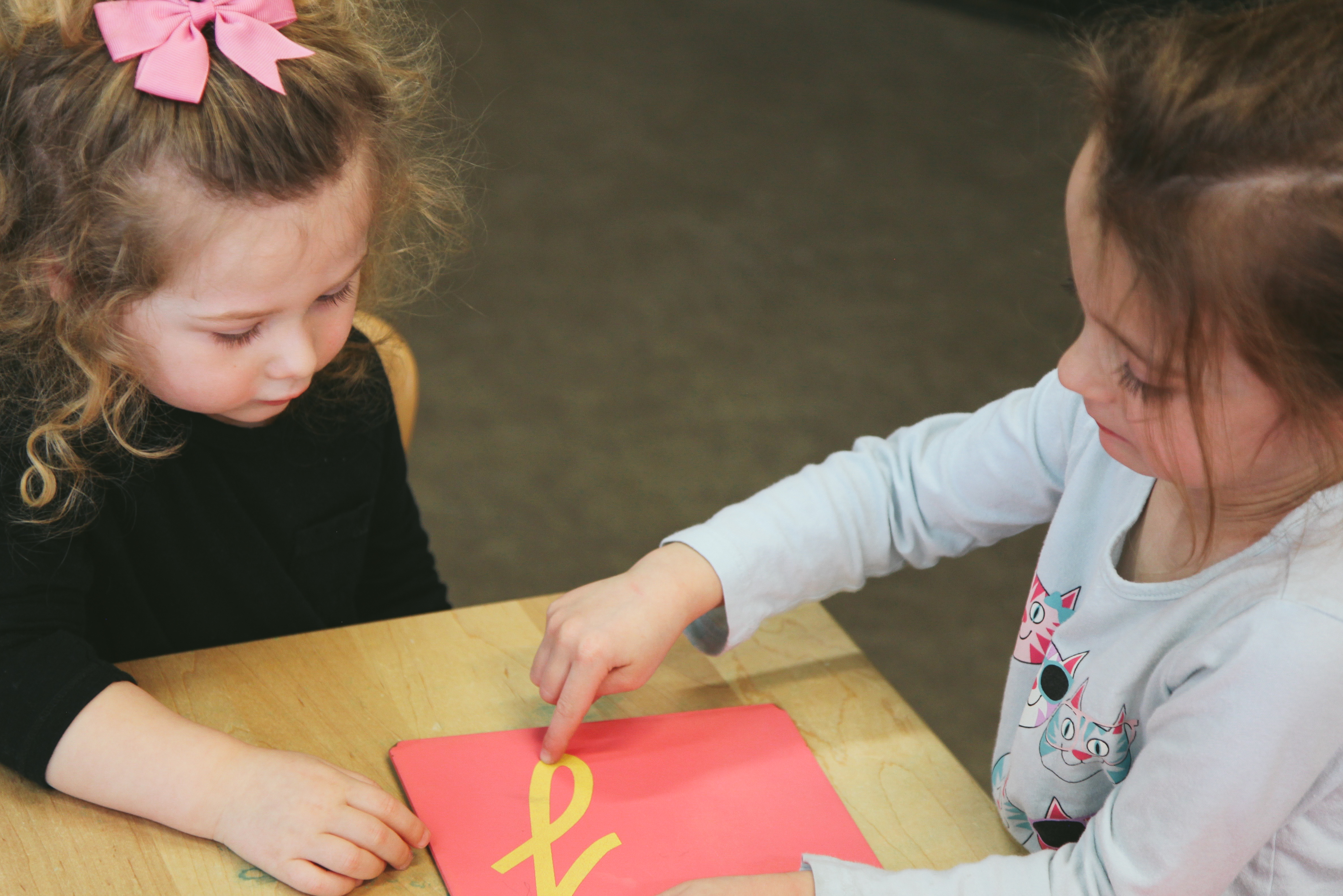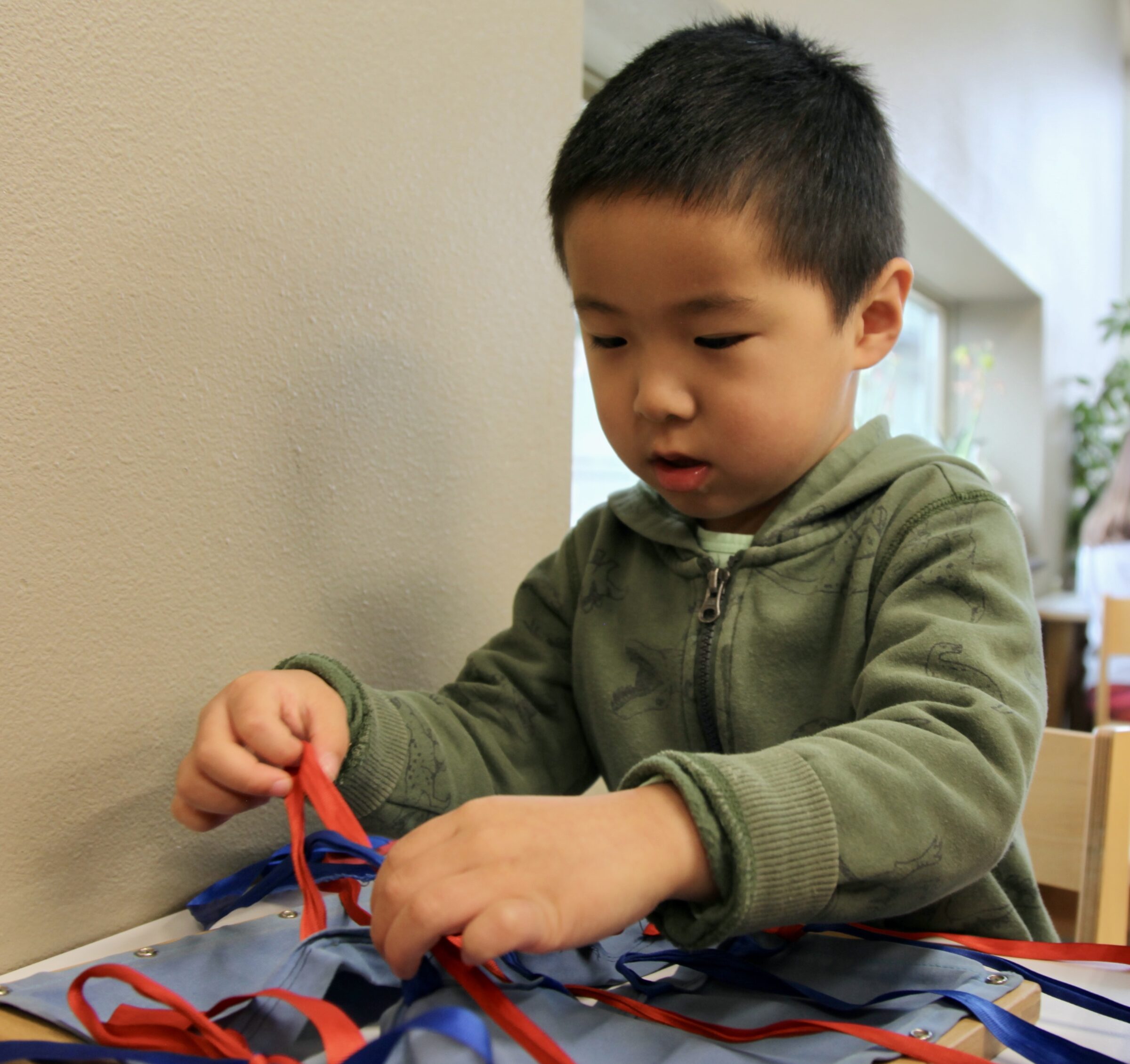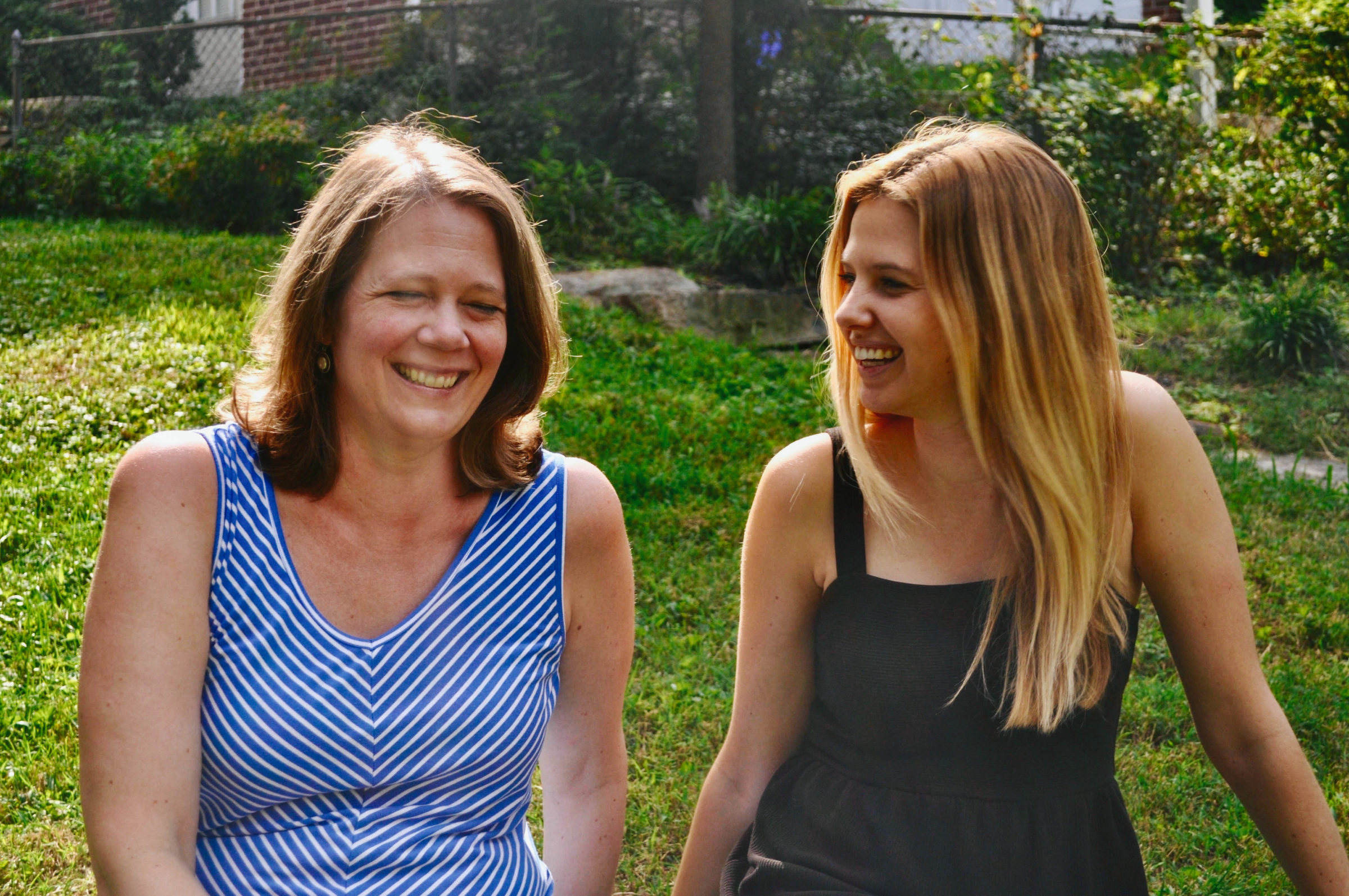Montessori Dictionary: Three Levels of Obedience
Podcasts
The Three Levels of Obedience is a Montessori phrase that might not be as common as “Consequence” or “Discipline,” but it’s an important one. It’s also one of those magical words (or phrases, as is the case in this situation) that perfectly describes an experience we don’t always have the precise words for, such as “hygge,” which has been making the rounds.
The Three Levels of Obedience identify the various stages a child passes through, abilities to adhere to the different agreements we’ve made in a family, a classroom, as a culture. Understanding these stages can help understand behavior, or choices, or how to guide a child.
In the first level, a child only listens to their development. It can be impulsive, such as dropping keys, phones, and whole rolls of toilet paper down the toilet. It can be seemingly purposeless, such as climbing every set of stairs you pass. It is curious, persistent, demanding. It is the same inner voice that tells a child to get up and try again every time she falls in the path toward standing, or to repeat again and again and again until we understand his latest attempt at speaking. There is an incredible will, but we’re still getting toward skill and experience.

At the second level, a child has a bit of skill and a lot of will. They can do something when asked or reminded. They can even remind others, though self-control is still growing. Something as small as, “what comes next?” when we’re tidying up lunch, or, “could you help your classmate get ready to go outside?” That curiosity and impulsiveness, both natural to childhood, are still ready in the wings, waiting for their cue. This is why we can say the right thing to do, though not always do the right thing ourselves. “I told her markers are for paper!” while giving yourself tattoos right alongside the offender-in-question.
At the third level, a child has the ability to impose self-control, to do what is right in the presence of something perhaps more appealing, knows how to take action without being reminded. This child can not only police behavior, which is that telling-someone-else-what-to-do characteristic of the second level, but model the behavior themselves, knowing a younger sibling or classmate is still on the path to learning, demonstrating not only self-control, but also compassion and patience. This is when we turn around to remind a child they need to get ready for school and they’re already sitting by the door pulling on boots. This is when we help clean a spill we didn’t make. This is when we take initiative and load the dishwasher without being asked or reminded, and not for praise, but just because. This is when will, skill, and experience all align.
We all demonstrate all these levels of obedience, fluidly, throughout life, while we’re developing habits. This is not just for children. Have you ever started a new exercise regimen, or a diet change, or a new job?
When we’re just starting something, we need a lot of help. We have the will, the desire to do something, but not yet skills or experience. And, unlike a child, we don’t have that little voice inside us to guide us! So we ask for help, we ask experts, mentors, coaches.
Asking for help, desiring to change something, to learn something new, to adopt a different habit, is the first stage. The Will.
Next, we acquire Skills. Perhaps at first, we need a reminder about how to do the different strength training moves, or we autopilot home without a cue to head to the gym like a sticky note on the steering wheel. Perhaps we have to shop with a list so we don’t automatically fill our cart with foods we’re trying to avoid. Perhaps we have to ask several times how to file these documents, and which copy gets shredded, but once we’re reminded, we’re good to go.
“We all demonstrate all these levels of obedience, fluidly, throughout life, while we’re developing habits.”
We stay in this second stage for quite some time. Maybe there are days when we sheepishly avoid the gym, feeling the strong tug of the couch and a bag of popcorn as deeply as a four-year-old with scissors and an idea of a new haircut. Maybe we need reminders about the benefits of this lifestyle and diet change, in order to put down the ice cream. Maybe the fiscal year end doesn’t happen frequently enough for us to practice these skills, and we sit at our desk wondering, have I done this before?
And then, all of a sudden though sometimes years later, we find we’re answering questions about why we chose whole-foods plant-based over veganism, or the benefits of bodyweight strength training over cardio alone, or how to change the dates when you’re looking up KPI for the last quarter. My, how we’ve grown! We have Will, Skill, and Experience.
Just like a child, we might not stay in this third level. Whenever we attempt something new, or life circumstances change, such as a move, or a new baby, or even a change of seasons, both adults and children have to figure out how to do Life with these new parameters. We might slide back a few levels, finding ourselves eating pizza on the couch, or impulsiveness kicking in with that seemingly all-self-control older child. It’s okay. Some situations require gentle kindness, as well as high expectations. We’re all growing.
Written by:
Charlotte Snyder



